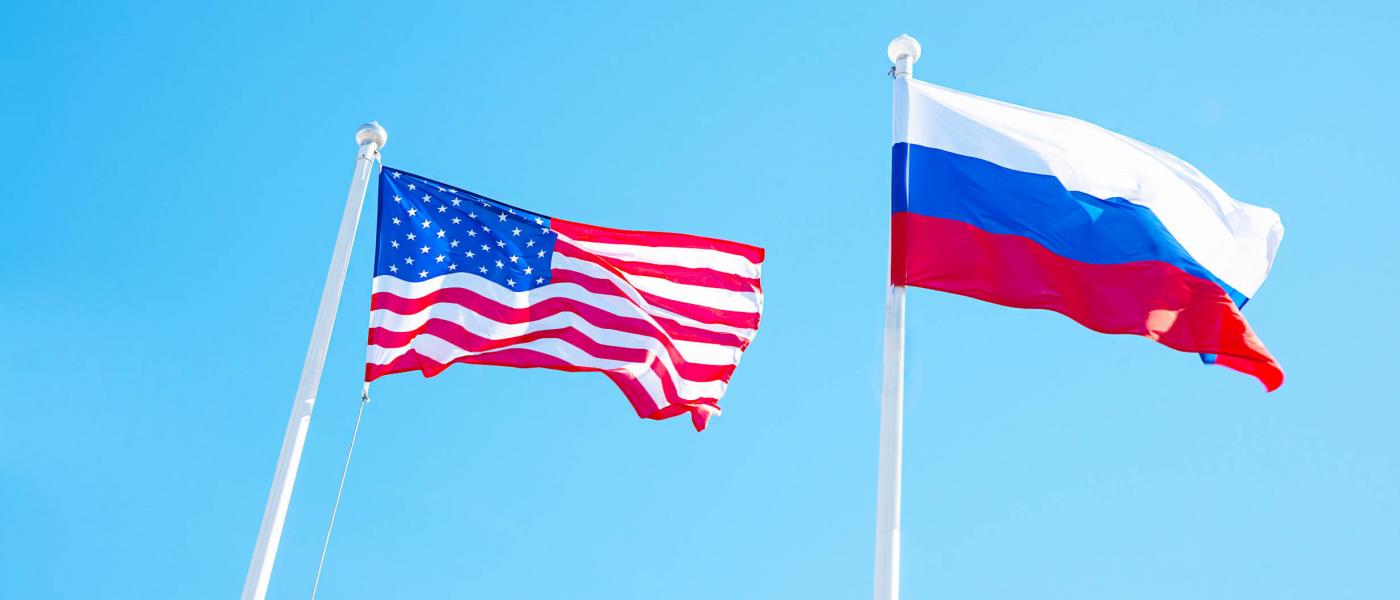The Kremlin’s interference in the 2016 presidential election should have served as a wake-up call for Americans that something we took for granted—democracy—is vulnerable to attack by foreign adversaries in new and powerful ways. Instead, we’re mired in debate about whether the interference even occurred, and whether it mattered. Yet Moscow continues to exploit systemic societal vulnerabilities, including the erosion of public faith in democratic institutions, growing political polarization, and the failure to fully grasp the power of new technological tools, to mount an offensive on democratic institutions and civic debate.
Day in and day out, Russian-oriented networks use social media to inject and amplify stories that anger and provoke. Exploiting events from Charlottesville, to the Seth Rich conspiracy, to the NFL “take a knee” controversy, to terror attacks, and even natural disasters, the Kremlin’s agenda is clear—sow chaos and dissent on all sides. Fear and uncertainty are Americans’ greatest weaknesses. A distracted, inward-looking America afraid of its own shadow will allow Russia to achieve its near-term strategic goals.



